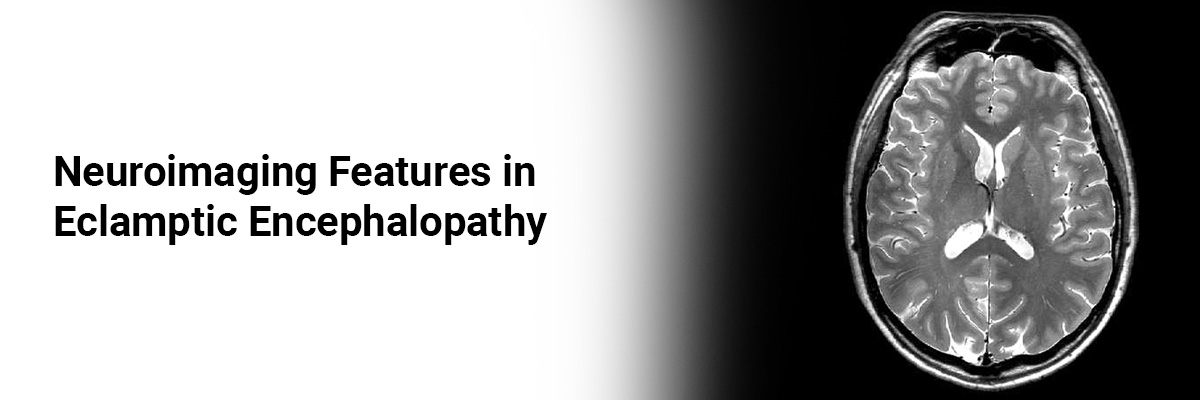
 IJCP Editorial Team
IJCP Editorial Team
Neuroimaging Features in Eclamptic Encephalopathy
New onset seizures in pregnancy and
postpartum are often deemed as eclampsia. Nevertheless, other causes cannot be
neglected, and prompt diagnosis and specific measures are crucial for reducing
mortality and morbidity.
A new study focused on differentiating the
causes of new onset seizures in pregnancy and postpartum, primarily
distinguishing eclampsia from other potential causes like intracranial
hemorrhage, subarachnoid hemorrhage, cerebral venous sinus thrombosis, or acute
ischemic stroke.
This hospital-based descriptive observational
study was conducted at SCB Medical College, Odisha, from 2018 to 2020. The
research involved 70 clinically confirmed eclampsia cases undergoing cranial MR
imaging and routine investigations.
The results revealed that 82.86% of the
patients had abnormal MR imaging. The diagnoses were –cortical venous
thrombosis without infarction (43.1%), infarction (10.34%), posterior
reversible encephalopathy syndrome (32.76%), and hypertensive
leukoencephalopathy (13.79%). Notably, the mean gestational age at presentation
was significantly lower in the abnormal MRI group. In addition, aspartate
aminotransferase (AST) and
lactate dehydrogenase (LDH)
values were significantly higher in the abnormal MRI group.
It was concluded that patients with imaging abnormalities in eclampsia have a more severe form of the disease. Neuroimaging in cases provisionally diagnosed as eclampsia can modify management strategies, influencing the prognosis for these patients.
Source: Mohapatra K, Sultana NN, Behuria S, Sahoo D,
Singh M. The Journal of Obstetrics and Gynecology of India. 2024 Jan 21:1-6.

IJCP Editorial Team
Comprising seasoned professionals and experts from the medical field, the IJCP editorial team is dedicated to delivering timely and accurate content and thriving to provide attention-grabbing information for the readers. What sets them apart are their diverse expertise, spanning academia, research, and clinical practice, and their dedication to upholding the highest standards of quality and integrity. With a wealth of experience and a commitment to excellence, the IJCP editorial team strives to provide valuable perspectives, the latest trends, and in-depth analyses across various medical domains, all in a way that keeps you interested and engaged.






















Please login to comment on this article